Specialty Coffee Nicaragua Los Papales Double Fermentation
Tax included
Shipping calculated at checkout
Low stock
Discover Los Papales, a specialty coffee from Nicaragua that redefines the concept of sweetness. Let yourself be enveloped by its rich Aromatic Notes of Caramel, Vanilla, and delicate Milk Chocolate, perfect for those seeking an unforgettable cup experience, sweet and deeply aromatic.
FARMGATE PRICE
FARMGATE PRICE: €9.90 (paid directly to the farmer who is also the exporter)
The Farmgate price is ultimately the actual price paid to the farmer who produced the coffee at origin. It is the most transparent price you can find.
To the Farmgate price, the following costs must be added before reaching the roastery:
- Packaging costs
- Handling costs at origin
- Logistics costs (shipping and customs duties)
- Handling costs upon arrival
- Customs clearance and phytosanitary inspection costs in Europe
- Internal transport costs
SENSORY DESCRIPTION
TECHNICAL DESCRIPTION
| Origin | Nicaragua |
| Area | Jinotega |
| Cooperative/Farm | Los Papales |
| Microlot | |
| Altitude | 1350-1500m |
| Variety | Yellow Catuaì |
| Process | Anaerobic Double Fermentation |
FULL DESCRIPTION
The López family established their first coffee plantations over a century ago under the guidance of the family patriarch, Mr. Vicente López López, a Nicaraguan citizen of Spanish origin. These early plantations were established in the mountainous region of Datanlí, in Jinotega. His son, Vicente López Herrera, continued the tradition by founding his farm, Betania, which remained the family estate until it was confiscated during the Nicaraguan conflict in the 1980s. Today, the family manages two farms, Los Papales and Betania (named in honor of the original estate), cultivating both traditional and improved coffee varieties.
Los Papales is located five kilometers from the city of Jinotega on the slopes of Cerro Chimborazo, which rises 1,688 meters above sea level and is among the highest peaks of the Cordillera Isabelia. The farm's distinctive topography, cloud forest climate, and commitment to agroecological management and biodiversity conservation provide ideal conditions for high-quality Arabica coffee, including lots classified as SHG and SHB.
Finca Los Papales spans 297 manzanas (210 hectares) at elevations between 1,300 and 1,500 meters above sea level. The main varieties include Caturra, Yellow and Red Catuaí, Java, and Pacamara. Harvest runs from January to late March, with ripe cherries handpicked at peak maturity, mainly by families from neighboring communities. The farm provides permanent employment to about 120 people, rising to around 450 during the harvest.
💧 Processing and Quality
Processing begins with converting the cherry into parchment coffee at an eco-friendly wet mill designed to minimize water use. The mill is equipped to handle washed coffees – both fermented and non-fermented – as well as semi-washed styles. Drying takes place in greenhouses and under shaded polyethylene structures to ensure slow and even dehydration that promotes product safety, longer shelf life, and reliable traceability. The estate also houses the equipment and machinery needed to mill and prepare coffee to export-ready specifications, ensuring end-to-end quality control and full traceability within the family's facilities.
🌱 Social and Environmental Commitment
Finca Los Papales is certified by the Rainforest Alliance, supporting alignment with international standards and Sustainable Agriculture Network requirements. The farm also maintains a strong social commitment to its community. An on-site school serves about 65 children from early childhood through sixth grade, offering free education to employees' children and those from nearby communities, along with school supplies, daily meals, and participation in special activities such as Children's Day, Mother's Day, and graduation ceremonies. Educational supervision is provided by the Ministry of Education of Nicaragua (MINED). A health center on the farm, supervised by the Ministry of Health (MINSA), offers free consultations for employees and local residents, including immunization services for children, gynecological care for women, and general medical attention.
🔬 Lot Processing Profile
The coffee is harvested with 94% fully ripe cherries. The whole cherries undergo anaerobic fermentation for three days, after which the coffee is pulped and fermented again, in the mucilage, for another three days. It is then traditionally washed with clean water and dried on African raised beds for 12-16 days to reach about 11% moisture content. The coffee is stored in parchment for a minimum of 21 days before final processing.
How to choose:
NITROGEN AND VACUUM
Our packages are all packaged in a protected atmosphere (first under vacuum and then we insert nitrogen), using this particular technology which eliminates oxygen in the package, the coffee remains fresh for up to 3 months after roasting.
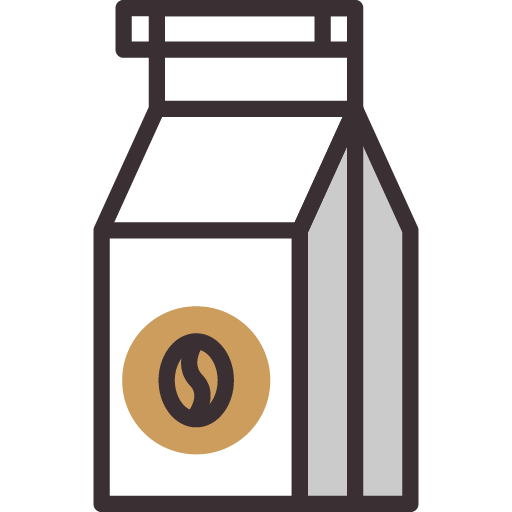
ROAST
We roast in two different ways, dividing into two main groups, based on the type of extraction:
- Light: suitable for Filtro/Aeropress type extractions, or for those looking for a coffee with a note of strong acidity and many aromas.
- Medium: suitable for Espresso/Moka extractions, or for those who want a coffee with a much more intense flavor and a hint of bitterness.

GRINDING
There are dozens of different grindings, it can be said that each machine or equipment requires a specific grinding.
With us you can choose to buy ground coffee for Moka or Filter.
We have tried to summarize them as follows:
- Jug/Cezve:
- Espresso:
- Moka:
- V60 Filter:
- Chemex:
- French Press/Infusore:

HOW LONG DOES IT LAST?
Coffee has a limited shelf life when it comes to quality. Although the label may state up to 24 months, generally high-quality coffee loses most of its flavor and aroma within a few months. We recommend drinking it between 10 and 60 days after the roasting date (provided the bag has never been opened). Once the bag is opened, the coffee quality deteriorates quickly and aromas and flavor are lost within a few days. Unfortunately, the roasting date is not always printed, especially by larger companies. On our packages, you will clearly find it written on the back.
P.S. all our bags are vacuum-packed with added nitrogen, which extends the potential shelf life of the product.
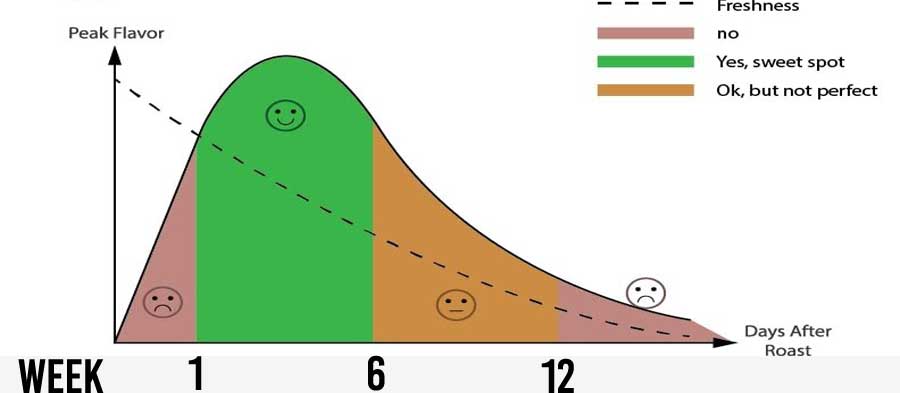
How to do:
ESPRESSO
Espresso requires some precision rules:
- Quality coffee
- Recommended roasting within 30-40 days
- Fine grinding
- Water temperature around 90-92°
- A single dose of 8-9g (double dose of 15-17g)
- Extraction time approximately 25 seconds
The use of quality espresso machines (range from €600 and up) can ensure a better result.
Preferably are machines that also have a coffee grinder to grind "fresh" coffee
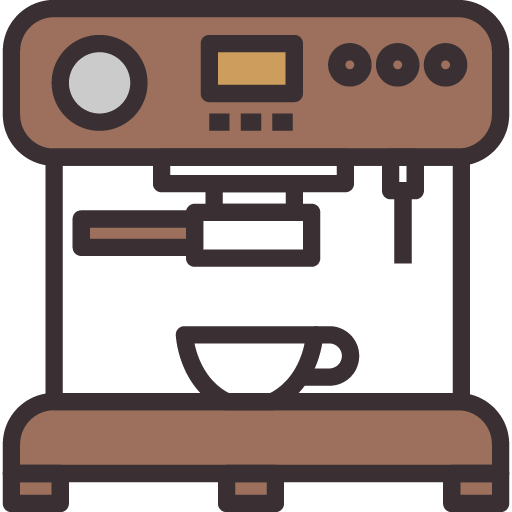
MOKA
The Moka requires a little attention:
- Use filtered or bottled water (NO TAP)
- Recommended roasting within 30-40 days
- Medium-fine grinding
- Fill the boiler with water without exceeding the valve
- Place the ground coffee into the filter without pressing or making any bumps, simply level it at the edge
- Place over medium heat
- Wait for the liquid to rise through the chimney, without letting it gurgle (TURN OFF AS SOON AS THE FLOW OF COFFEE BEGINS TO GO FAST AND COLOURLESS)
- Mix before serving
The Moka should only be washed with water and any neutral detergents (taking care to rinse carefully with water), never in the dishwasher or with abrasive sponges.
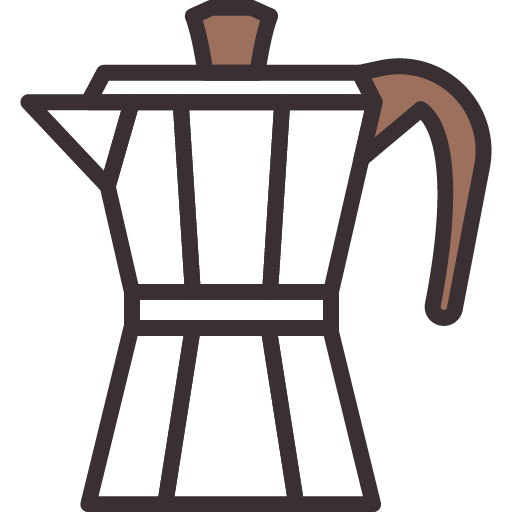
FILTER V60/CHEMEX
Filter or Chemex coffee requires precision in times and weights, some advice:
- Quality coffee
- Recommended roasting within 20 days
- Medium grind (medium-coarse for Chemex)
- Filtered or bottled water
- Water temperature of approximately 90-94° depending on the coffee used (generally those washed at higher temperatures)
- Approximately 15g of ground coffee for every 250g of water (Chemex at least 30g per 500g of water)
- Pre-infuse for 30-40 seconds by pouring hot water for double the weight of coffee used
- Pour the water in two or three steps as desired with a rotating direction, being careful not to create too much turbulence
- Contact/percolation time approximately 3 minutes (4-5 for Chemex)
A light roast is generally recommended for filter systems
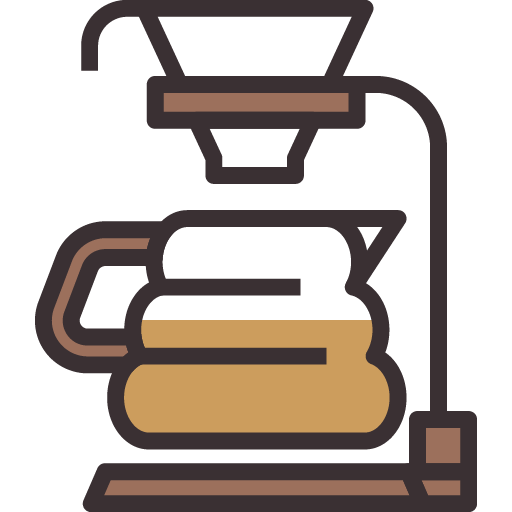
AEROPRESS
The Aeropress requires some precision rules:
- Quality coffee
- Recommended roasting within 20-30 days
- Medium grind (or as preferred)
- Use filtered water or bottle
- Water temperature around 85-90°
- A dose of approximately 17g per 200-220g of water
- Pour water for pre-infusion of 30-40 seconds
- Mix with the appropriate spoon
- Then pour in the remaining water and close the cap
- Turn the aeropress upside down and press firmly but steadily until extraction is complete
- Total contact/infusion time 2-3 minutes
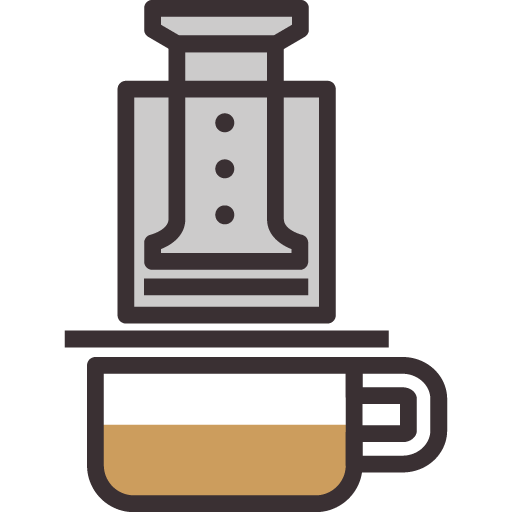
OTHER SYSTEMS
There are dozens of different systems for extracting coffee, we have summarized the main ones here but if you need to know how to do the others not on the list, contact us





